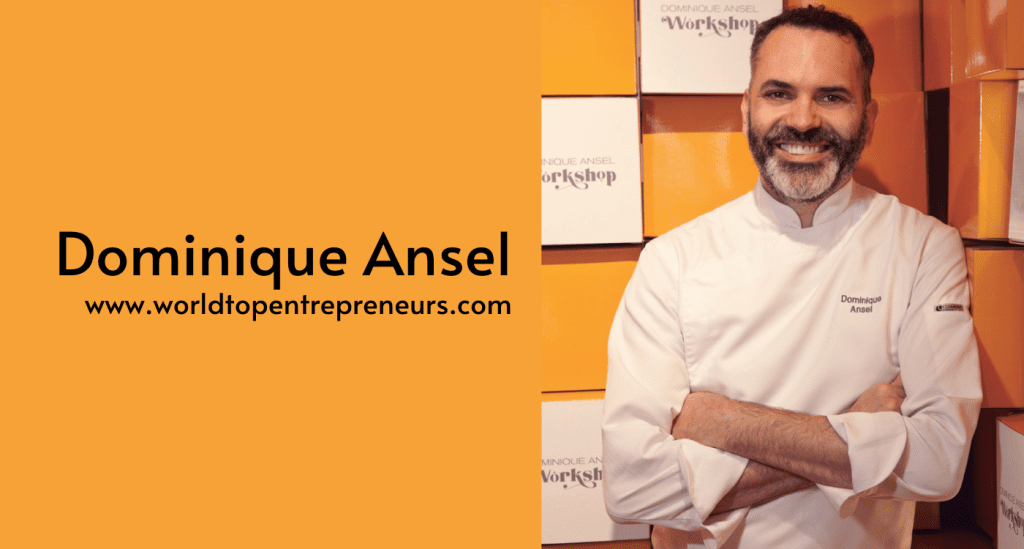In the realm where culinary art meets social entrepreneurship, Kimbal Musk stands as a beacon of innovation and purpose. Co-founder of The Kitchen Restaurant Group and a driving force behind several impactful food-related ventures, Musk has carved out a distinct niche in the food industry by intertwining his passion for food with a deep commitment to sustainability and community engagement. Beyond his famous last name, Kimbal Musk has forged a path uniquely his own, one that blends business acumen with a profound desire to create positive change in the world.
Early Life and Influences
Born in South Africa in 1972, Kimbal Musk grew up alongside his brother Elon, who would later become synonymous with technological innovation through ventures like SpaceX and Tesla. Despite their shared entrepreneurial spirit, Kimbal initially charted a different course, pursuing studies in business and economics at the University of Pennsylvania’s Wharton School. It was during this time that Musk began to recognize the potential for business to be a force for good—a belief that would shape his future endeavors profoundly.
The Journey into the Food Industry
Kimbal Musk’s entry into the food industry was not merely a career choice but a deliberate decision to make a meaningful impact. Inspired by the farm-to-table movement gaining traction in the early 2000s, Musk saw an opportunity to redefine the relationship between restaurants and their local communities. In 2004, he co-founded The Kitchen Restaurant Group with the mission of creating community through food. This venture marked the beginning of Musk’s journey towards blending gastronomy with sustainability and social responsibility.
The Kitchen Restaurant Group: A Visionary Approach to Dining
At the heart of The Kitchen Restaurant Group’s philosophy is the belief that food should be both a source of nourishment and a catalyst for social change. With restaurants in Colorado, Chicago, and Memphis, The Kitchen has become synonymous with sustainable practices, sourcing ingredients from local farmers and suppliers whenever possible. This commitment to locality not only ensures freshness and quality but also supports regional economies and reduces environmental impact—a cornerstone of Musk’s ethos.
Beyond its culinary offerings, The Kitchen distinguishes itself through its community-focused initiatives. From educational programs that teach children about healthy eating to partnerships with local nonprofits addressing food insecurity, The Kitchen is as much a hub for social engagement as it is a place to enjoy a meal. Musk’s vision extends beyond the dining table, aiming to create a ripple effect of positive change that extends into the fabric of the communities it serves.
Big Green: Cultivating Healthy Eating Habits from an Early Age
Kimbal Musk’s passion for food and community is perhaps most evident in his nonprofit organization, Big Green. Founded in 2011, Big Green aims to build a healthier future for children by creating Learning Gardens—outdoor classrooms where students can learn about gardening, nutrition, and the importance of fresh food. These gardens not only provide hands-on learning experiences but also empower children to make healthier food choices and develop lifelong habits that promote well-being.
Through Big Green, Musk has helped establish hundreds of Learning Gardens across the United States, reaching thousands of students each year. By integrating garden-based learning into school curricula, Big Green not only addresses the alarming rates of childhood obesity and diet-related diseases but also fosters a deeper connection between children and the food they eat. For Kimbal Musk, these initiatives represent a tangible way to effect change at a grassroots level, inspiring the next generation to value health, sustainability, and community.
The Role of Technology: Connecting Farms to Tables
In parallel to his efforts in the culinary and educational spheres, Kimbal Musk has also explored the intersection of technology and food systems. Through ventures like Square Roots—a Brooklyn-based urban farming accelerator—Musk is leveraging technology to empower local farmers and increase access to fresh, nutritious produce in urban areas. Square Roots’ innovative approach combines vertical farming techniques with data-driven insights, enabling farmers to grow high-quality crops year-round while minimizing environmental impact.
By bridging the gap between agriculture and technology, Musk aims to create more resilient and sustainable food systems capable of feeding growing urban populations. This integration not only supports local economies but also fosters innovation within the agricultural sector, paving the way for future advancements in food production and distribution.
Challenges and Criticisms: Navigating the Complexities of Food Culture
Despite his many successes, Kimbal Musk’s endeavors have not been without challenges or criticisms. The food industry, with its complexities and entrenched practices, presents formidable obstacles to those seeking to implement change. From navigating supply chain dynamics to addressing affordability and accessibility issues, Musk and his team at The Kitchen have faced numerous hurdles along the way.
Critics have also questioned the scalability of Musk’s initiatives, arguing that while impactful on a local level, achieving broader systemic change within the food industry requires more extensive reforms and collaborations. Moreover, the intersection of business interests and social responsibility can sometimes lead to tensions, as stakeholders debate the trade-offs between profitability and ethical practices.
Looking Ahead: The Future of Food and Community
As Kimbal Musk continues to push boundaries and redefine the role of food in society, his vision for a more sustainable and inclusive food system remains steadfast. With initiatives like The Kitchen Restaurant Group, Big Green, and Square Roots paving the way, Musk is not only changing the way we eat but also inspiring a new generation of entrepreneurs and activists to prioritize social impact alongside business success.
Looking ahead, Musk sees immense potential for innovation and collaboration within the food industry. From advancing agricultural technologies to advocating for policy reforms that support sustainable practices, he remains committed to driving meaningful change on a global scale. As he once remarked, “Food has the power to bring us together, to nourish our bodies and our communities. It’s a powerful tool for change.”
In conclusion, Kimbal Musk’s journey from entrepreneur to social visionary underscores the transformative power of combining passion with purpose. Through his work with The Kitchen Restaurant Group, Big Green, and other ventures, Musk has demonstrated that the pursuit of profit and the pursuit of social good are not mutually exclusive. By fostering connections between food, community, and sustainability, he has set a precedent for what is possible when business leaders prioritize values alongside value.
As we navigate an increasingly interconnected world facing unprecedented challenges, Kimbal Musk’s example serves as a reminder that each of us has the power to make a difference. Whether through our daily choices as consumers or through larger initiatives that reshape industries, we can all contribute to building a more equitable and sustainable future. In the words of Kimbal Musk himself, “Let’s eat well, live well, and make a positive impact together.”





















